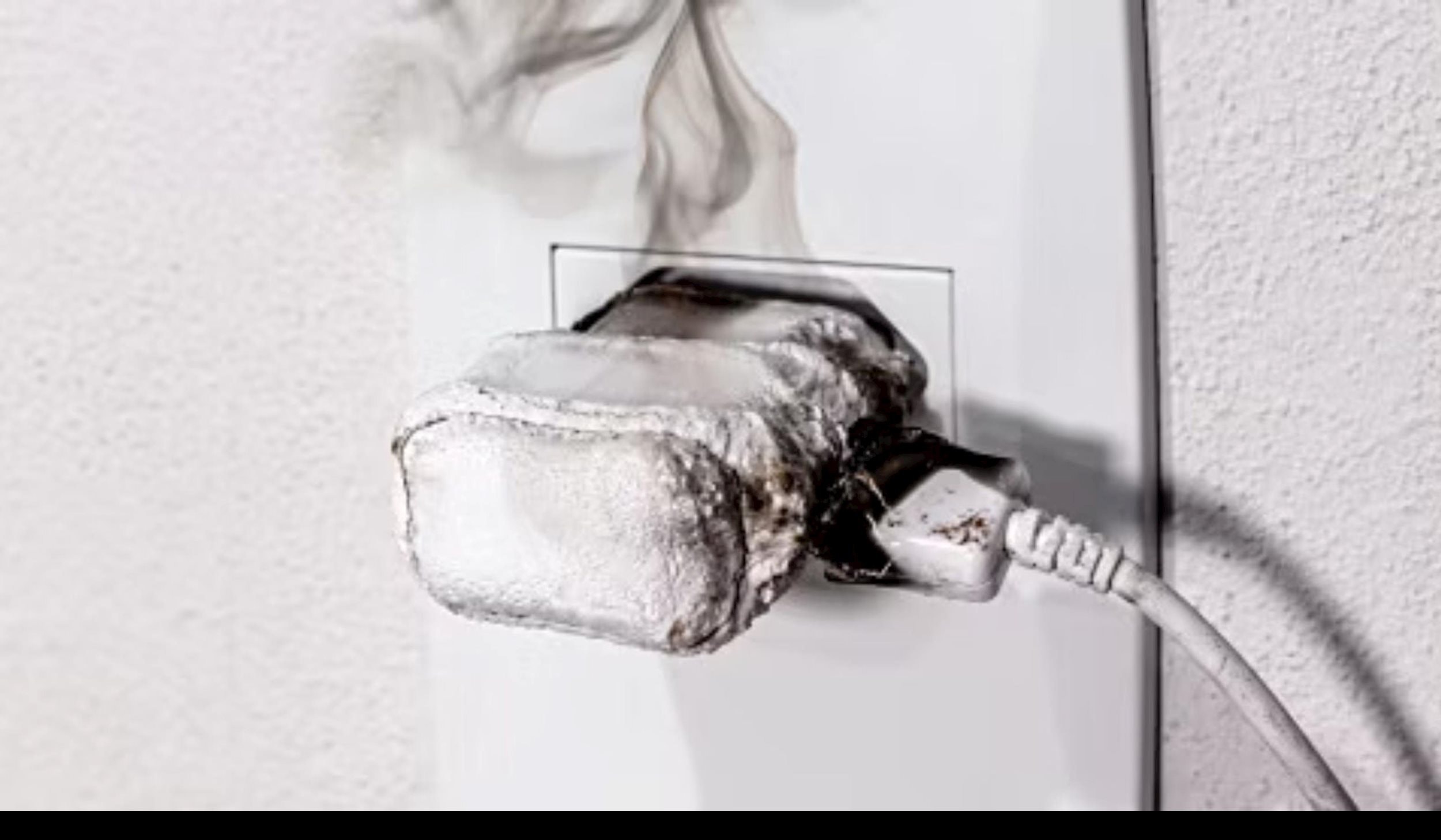Why shouldn't you charge your phone when not in use?
Many people have the habit of leaving their phone charger plugged into the power outlet even when not in use. Although convenient, this habit poses many safety risks, wastes electricity and affects the life of the device.
Whether it comes from a habit of convenience or simply by accident, many people often leave their phone chargers plugged into the power outlet even when they are not charging the device. This action seems harmless, but in reality, it has many potential risks.
The charger still consumes power at a low level even when not connected to a phone, and over time this can lead to significant energy waste.

More seriously, continuously charging also increases the risk of fire due to overheating or electrical faults, especially with non-genuine or old chargers.
For safety reasons, to protect your device and to save on electricity costs, it is best to unplug the charger immediately after use.
Unnecessary power consumption
The first and most obvious reason to leave your charger plugged in when not in use is to avoid wasting power. Even when not connected to a device, your charger continues to consume power, usually at a rate of around 0.1 to 0.5 watts, just like when it's in standby mode.
While this consumption may seem insignificant and only adds up to a small amount each year on your electricity bill, it's just the number for one charger.
When you multiply that by the number of devices in your home, from phones and tablets to laptops, smart speakers and smartwatches, the total amount of electricity wasted each year can add up significantly.
Not only does this cause financial loss, but over time it also contributes to unnecessary energy consumption, which impacts the environment.
Serious safety risk
The most important reason to unplug your charger when not in use is for safety. Leaving your charger plugged in all the time, especially at night or when you're away from home, can potentially cause overheating.
This risk is even higher with old chargers, chargers that have been used for many years or do not meet safety standards, often found in cheap products of unknown origin.

When running for long periods without a connected device, some chargers continue to dissipate energy as heat. If the internal components are faulty or of poor quality, overheating can lead to component meltdown, short circuit, or even fire, causing serious fires in enclosed spaces such as bedrooms or living rooms.
Therefore, the habit of unplugging the charger after use not only helps protect the device but is also an important fire prevention and fighting measure in modern families.
In general, leaving a charger plugged into an outlet continuously not only wastes electricity but also affects the durability of components over time. Whenever there are fluctuations in the power supply, such as when turning on/off electrical devices in the house, the charger will be subjected to small but repeated voltage fluctuations.
These fluctuations, while not causing immediate damage, can over time reduce the charger's performance, making it less stable and hotter when in use.
More dangerously, in situations such as lightning strikes, sudden power outages or power failures, a charger that is still connected to the power source can short-circuit or fail completely, even causing a fire if there is no proper current protection.
In short, getting into the habit of unplugging the charger from the power outlet when not in use is a small action but brings great benefits such as saving energy, minimizing the risk of electrical accidents, and contributing to prolonging the life of both the charger and mobile device.
